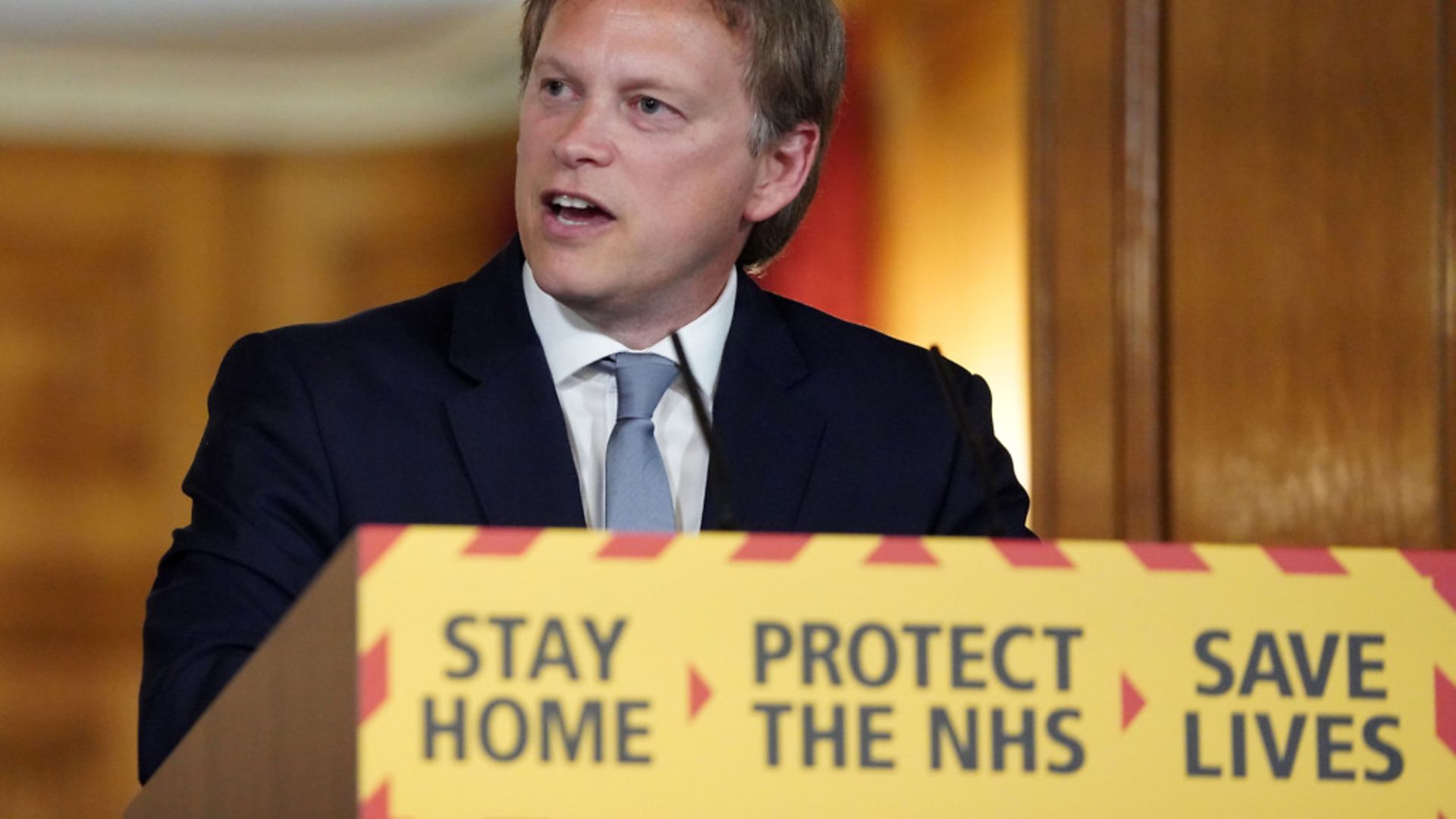
The government should have introduced a 14-day quarantine period for all travellers coming to Britain two months ago, an expert has claimed.
The government will reportedly enforce the mandatory quarantine within weeks as part of measures aimed at avoiding a second peak of the coronavirus pandemic.
The Times has said prime minister Boris Johnson will make the announcement in an address to the nation on Sunday, but there is confusion around the detail, with industry insiders calling for a ‘credible’ exit plan and an expert describing it as ‘better late than never’.
The newspaper reports that ‘authorities will conduct spot checks’, with punishments for those not adhering to the rules including ‘fines of up to £1,000’ and deportation.
It added that travellers from Ireland, the Channel Islands and the Isle of Man will be exempt from the quarantine.
Have your say
Send your letters for publication to The New European by emailing letters@theneweuropean.co.uk and pick up an edition each Thursday for more comment and analysis. Find your nearest stockist here or subscribe to a print or digital edition for just £13. You can also join our readers' Facebook group to keep the discussion and debate going with thousands of fellow pro-Europeans.
Transport secretary Grant Shapps did not confirm the plan at the latest Downing Street press briefing, but said that with the R value – the number of people the average infected individual would spread the virus to – down, it ‘clearly then makes sense to look at what happens at the borders’.
Shapps added: ‘Bearing in mind the sacrifice the British people have made this last seven weeks and counting, we can’t have a situation where everyone else has been asked to stay at home but others could come into the country.
‘It’s also worth pointing out that the numbers coming to the country are very, very small, but it is a question of that judgment.’
Under the measures, all passengers arriving at airports and ports will be required to provide an address at which they will immediately self-isolate for 14 days.
Commenting on the science of quarantine, deputy chief medical officer Professor Jonathan Van-Tam said: ‘The incubation period of this disease is very clearly understood to be between one and 14 days.
‘That is to say from the point of a critical exposure to the virus, you remain well for from one day to 14 days before your symptoms emerge.
‘And typically, the mean incubation period is five days, so that will be a typical wait if you like between when you were exposed and you became infected through to when you get symptoms.
‘If people go home, as we asked them to do, when they returned from Wuhan at the end of January, and they stay in their own homes for 14 days, even if they were infected very shortly before they came into the UK, then they work out that incubation period at home, and they do not spread the virus onwards into the community.
‘So that’s the scientific basis of how quarantine would work in this circumstance.’
Experts said that the proposals should have been introduced weeks – or even months – before the coronavirus pandemic took hold.
Professor Gary McLean, professor in molecular immunology at London Metropolitan University, said: ‘This initiative to require all UK visitors to enter a 14-day quarantine is really what should have been done two months ago, and should also remain in place for at least another two months from when it is finally implemented.
‘It was clear that the virus cases were coming in from outside the UK early on and potentially reducing more cases by introducing the mandatory quarantine, as other countries did, would have been the most sensible approach at that time.
‘However, better late than never to have this 14-day quarantine period for people entering the UK, but I question how the compliance of people being required to quarantine will be monitored and even enforced?’
Shadow transport secretary Jim McMahon said: ‘Ill-thought through proposals will fail as soon as they are rolled out, leaving the country back in a precarious situation.
‘This sort of policy should have been worked through weeks ago.’









